What is Identity Theft?
Identity Theft is when someone steals your personal information and uses it without your permission. It happens to more than 11 million Americans every year and can cause trouble with your finances, credit history and reputation. It can also take time, money and extreme patience to resolve.
How do thieves get your information?
These thieves are resourceful and will work to get the details they want. In addition to targeting your computer or electronic devices, they may rummage through your garbage, the trash of businesses, public dumps, or may pretend to work for legitimate companies to convince you to reveal personal information.
How can you keep your information secure to protect your identity?
Safeguard your personal information, whether it is on paper, online, or on your computers and mobile devices.
Lock your financial documents and records in a safe place at home and lock your wallet or purse in a safe place at work.
Limit what you carry. When you go out, take only the identification, credit, and debit cards your need.
Before you share information at your workplace, a business, your child’s school or a doctor’s office, ask why they need it, how they will safeguard it, and the consequences of not sharing.
Shred receipts, credit offers, insurance forms, physician statements, checks and all similar documents when you no longer need them.
Consider opting out of prescreened offers of credit and insurance by mail.
Before you dispose of a computer or mobile device, get rid of all the personal information it stores.
Keep your computer browser up-to-date and use security software.
Don’t overshare on social networking sites.
Avoid phishing emails.
Be cautious about Wi-Fi. Don’t use a public wireless network to send personal information.
Lock up your laptop. Don’t use an automatic login feature and always log off when you are finished using it.
Read privacy policies to know how your information will be used.
How do you know if you’ve been targeted?
Identity thieves can drain your bank account, run up charges on your credit cards, open a new account, get medical treatment on your health insurance and in some extreme cases, even give your name to police during an arrest.
Here are some clues that may indicate that someone is using your identity:
Unexplained withdrawals from your bank account
Missing mail
Calls from debt collectors for debts that you don’t recognize
Unfamiliar accounts on your credit report
Bills for services or goods that you haven’t received
A condition on your medical records that you don’t have
A notice from the IRS that more than one tax return was filed in your name or that you have income from an employer that isn’t yours
A notice that your personal information was compromised by a data breach (Always take these seriously!)
What are the steps to take if you are a victim of identity theft?
The Federal Trade Commission recommends that if your wallet, Social Security card, or other personal, financial or account information are lost or stolen, place a fraud alert on your credit file. Check your bank and other account statements for unusual activity. Order a free copy of your credit report periodically to monitor your accounts. You have a right to one free copy of your credit report from each of the national credit reporting companies every year. If you stagger your orders, you can get a credit report every four months.
In addition, create a log of telephone calls and keep copies of documents related to the loss.
Source: www.consumer.ftc.gov

The Credit Guru
23632 Hwy 99, Suite F404
Edmonds, WA 98026
Serving clients in Seattle, Boston, Los Angeles, Chicago, San Francisco, Houston, Atlanta, New York and other cities.